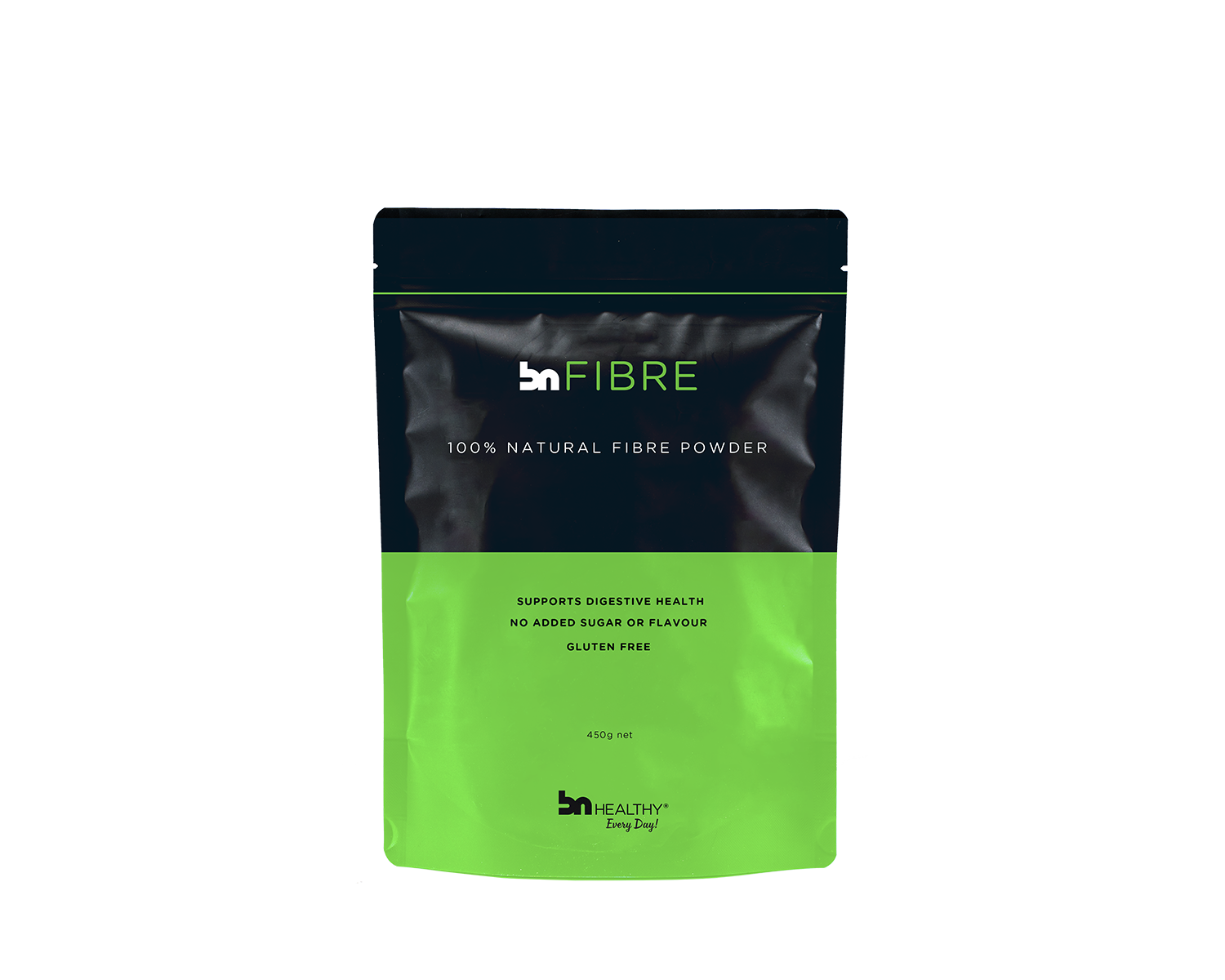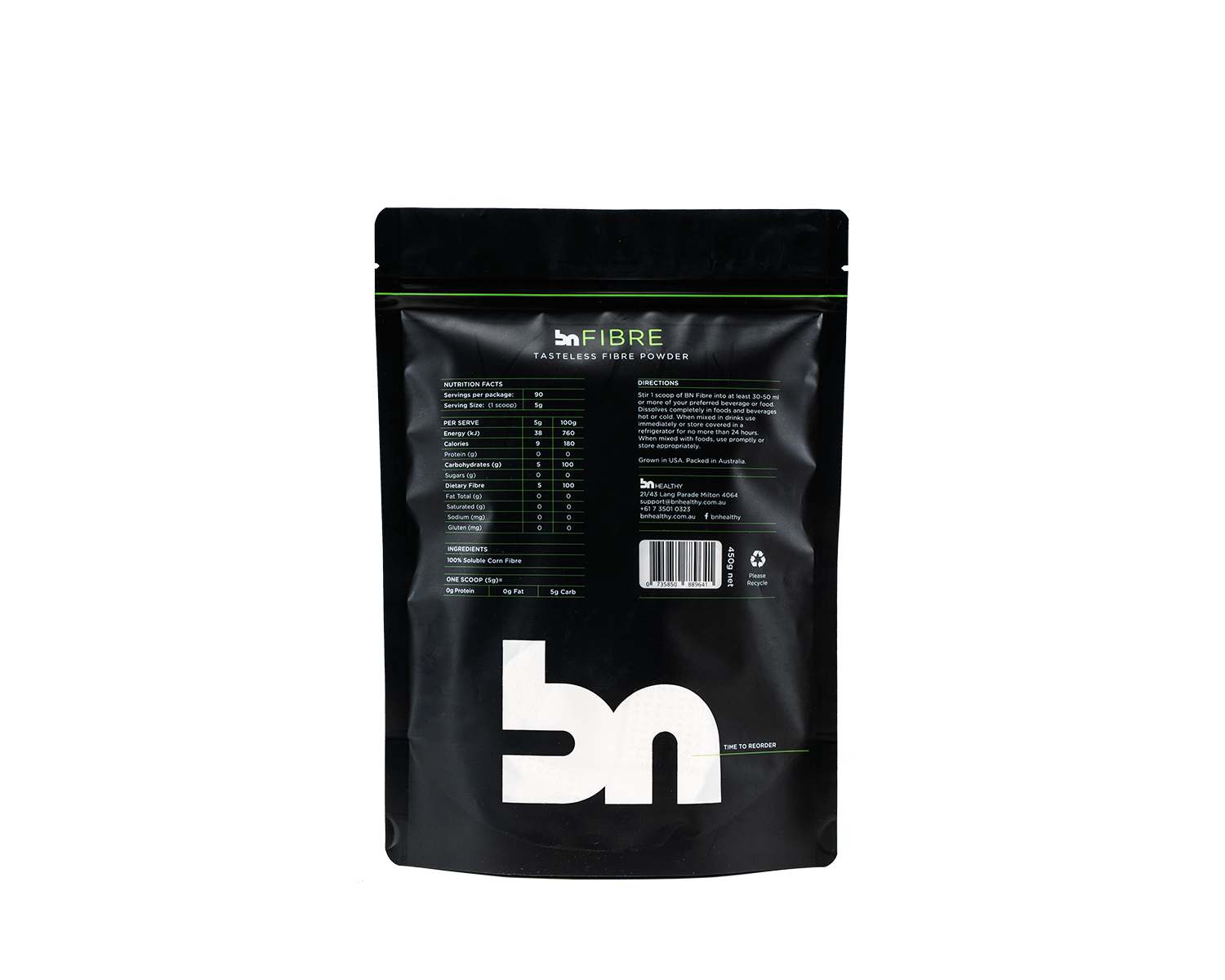December 2022
The Best Way to Heal Your Digestive System:
Digestive Enzymes vs Probiotics

There are many supplements to improve our digestive health, and it may be challenging to pick the right one. Particularly when it comes to digestive enzymes vs probiotics, Let’s look at the differences between the two and whether they can help relieve you of symptoms.
What is the difference between digestive enzymes and probiotics?
Understanding the difference between probiotics and digestive enzymes is a great starting point for improving your gut health. Several supplements are designed to enhance our digestive health, and choosing the right one for you may take some research. But knowledge is definitely power when looking after yourself well after Bariatric Surgery.
Regarding probiotics versus digestive enzymes, you may be curious about the differences and whether they can help relieve your symptoms. Both supplements claim to improve digestion and gut health. However, probiotics and digestive enzymes have different effects on the gastrointestinal system. They may also have varying effects on the rest of the body.
BN Healthy wants to highlight a lot that can be gained by taking probiotics or enzymes for digestion especially Post-Bariatric Surgery.

Whilst each has its merits in supporting healthy digestion, enzymes and probiotics function differently.
Digestive enzymes help to support digestion, absorption and assimilation of food and optimise processes in the digestive system.
Probiotics are living microbes that help balance the gut's microbiome to remain healthy and function properly..
You might wonder whether taking one over the other is more beneficial or if taking both are safe and effective. This article will cover digestive enzyme benefits and how they work, probiotics versus digestive enzymes, and how they can work together to support healthy digestion.
Are digestive enzymes and probiotics the same thing?

Probiotics are living microorganisms that exist in the tens of billions as part of your microbiome. This refers to bacteria colonies that have established and taken residency in your
- Digestive Tract
- Skin
- Eyes
- Nose
- Mouth
Probiotics, also known as "good bacteria," help digestive function and strengthen the immune system and neurotransmitter generation - a good proportion of your "feel good" neurotransmitter, serotonin,
is formed in the gut.
The beneficial bacteria in foods containing probiotics, such as yoghurt, sauerkraut, or kimchi, primarily work to avoid an overgrowth of harmful bacteria. Probiotics also help to maintain a strong internal barrier, which keeps pathogens and indigested foods out of the blood. Another intriguing function of probiotics is their role in producing specific vitamins.
Probiotic bacteria, members of the gut microbiota, can synthesise vitamin K and most water‐soluble B vitamins, such as
- Biotin
- Cobalamin
- Folates
- Nicotinic Acid
- Pantothenic Acid
- Pyridoxine
- Riboflavin
- Thiamine
- Biotin
- Cobalamin
- Folates
- Nicotinic Acid
- Pantothenic Acid
- Pyridoxine
- Riboflavin
- Thiamine
If you are a bariatric patient, then improving the population of healthy microbes is also essential in eliminating

that can occur after Bariatric Surgery. This can be linked to the lack of enzymatic activity, lower levels of stomach acid, and an unfavourable balance of bacteria in the gut.
BN Probiotic is packed with specific health-promoting bacteria strains that, when taken regularly, will form a protective barrier against pathogenic bacteria and yeasts.
It can aid in the control of cravings and appetite and the regulation of blood glucose levels.
What are digestive enzymes?
Digestive enzymes, unlike probiotics, are non-living proteins. They are primarily secreted in the pancreas but also throughout the digestive tract in the mouth, abdomen, and small intestine.
Their primary function is to aid in the breakdown of various foods so that the body can extract and absorb vital nutrients. Each type is distinct regarding its role in digestion and the kind of micronutrient intake it breaks down.
- Amylase: A carbohydrate-targeting enzyme.
- Protease: This enzyme degrades protein into amino acids.
- Lipase: Aids in the breakdown and digestion of fat.
Among the most common digestive enzymes is
Some disorders cause the body to produce insufficient digestive enzymes.
Lactose intolerance, for example, is caused by a lack of lactase, an enzyme that breaks down lactose, a milk protein. Because lactose cannot be broken down, people with this disorder experience severe discomfort when they consume anything containing milk.
The following health conditions and food intolerances are associated with decreased digestive enzyme
production in the body:
- Lactose Sensitivity
- Celiac Disease and Diabetes
- Gastric Sleeve Surgery
- Gastric Bypass Surgery
- Any condition that interferes with the function of the pancreas
What role do digestive enzymes play in the body?
Digestive enzymes help in absorbing nutrients.
Without them, macronutrients like carbohydrates, proteins, and fats are not effectively disintegrated into smaller, more usable units before being absorbed in the small intestine.
As a result, nutrients are wasted, malabsorption occurs, and a deficiency may be created that can impact overall health and vitality. Inadequately digested food draws water into our intestines, causing unpleasant symptoms such as gas, bloating, constipation, and diarrhoea. Heartburn and indigestion are also frequently associated with enzyme deficiency.

Vitamin and mineral deficiencies can result from malabsorption caused by an enzyme deficiency. Fat cannot be broken down if your body does not produce enough lipase. Your body will then be unable to absorb fat-soluble vitamins A, D, E, and K. Similarly, if you have frequent diarrhoea due to poor digestion, you will most likely lose hydrogen and water-soluble vitamins.
What are probiotics?
Probiotics are live bacteria and yeasts that can improve our health by balancing and functioning gut bacteria.
They can be found in various probiotic supplements and foods, including
- Yoghurt
- Kefir
- Miso Soup
- Kimchi
- Sauerkraut
- Tempeh
- Yoghurt
- Kefir
- Miso Soup
- Kimchi
- Sauerkraut
- Tempeh
Probiotics comprise many different types of microbes. They all provide different benefits and play different roles in our digestive system, but the majority are from two groups: lactobacillus and bifidobacterium.
Some common signs that you may require probiotics include:
- Gas / Bloating
- Irregular Bowel Movements
- Skin Problems: Acne, Eczema or Skin Rashes
- Mood Disorders: Anxiety or Irritability
- Concentration Problems / Brain Fog
- Immune System Deficiency
- Itching Due to Vaginal / Rectal Infections
- Joint Pain / Poor Joint Health
- Fatigue
- Halitosis / Bad Breath
- Gas / Bloating
- Irregular Bowel Movements
- Skin Problems: Acne, Eczema or Skin Rashes
- Mood Disorders: Anxiety or Irritability
- Concentration Problems / Brain Fog
- Immune System Deficiency
- Itching Due to Vaginal / Rectal Infections
- Joint Pain / Poor Joint Health
- Fatigue
- Halitosis / Bad Breath
Can digestive enzymes and probiotics be taken together?
Combining probiotics and digestive enzymes can result in a "best-case scenario" for digestion. Probiotics protect the digestive system from dangerous gut bacteria and promote a balanced digestive environment.
Taking digestive enzymes enhances digestion, ensuring your food is properly broken down and absorbed. Probiotics and digestive enzymes can be a solid combination to help you get the most nutrition from your food while supporting healthy digestion.
In most cases, probiotics and digestive supplements are considered safe to take. Because each type serves a distinct purpose, there is no danger of the two interacting if combined*.

We recommend you start on one supplement first to see its benefits before adding the other. This way, you know what works or doesn't for your situation, and if you have any side effects, you will know the cause.
* Talk to your healthcare professional if you have any doubts.
Considerations for probiotic supplementation
Like digestive enzyme supplements, including a probiotic supplement in your wellness routine can help with digestion and bowel function while promoting overall health. With the link between gut health, the immune system and mental well-being, probiotics are becoming more popular as a supplement.

Depending on your body and goals, you should select a product that contains a variety of high-quality probiotic strains shown in clinical studies to address
your health needs.
Finally, think about timing. Probiotics can be taken anytime, depending on your situation as to whether you take them with food or on an empty stomach. Digestive enzymes, on the other hand, work best when taken ½ an hour before a meal.
Ask your healthcare provider if you're not sure.
For bariatric patients, consult your professional team before taking probiotic supplements. Including a probiotic supplement in your post-surgical healthy lifestyle regimen will benefit you in a variety of ways:
- Boost Vitality
- Boost Immunity
- B12 and iron absorption is improved (a significant plus by any standards after Weight Loss Surgery)
Our BN Probiotic contains 30 billion CFU, which packs a powerful punch, providing an excellent foundation for a healthier you. The selected probiotic strains are chosen to best support the most common digestive complaints after Bariatric Surgery:
- Malabsorption / Malnutrition
- Better Weight Loss Outcomes
- Improved and More Reliable Bowels
- Reduce Indigestion and Feeling Uncomfortably Full After Eating

BN Healthy products are all developed based on extensive research and testing and are tailored to the specific health needs of bariatric patients. Whether you choose probiotics, enzymes, or both, you'll be assured that you are selecting high-quality products to support your gut health.
This has many far-reaching benefits for your overall health and weight loss journey.


